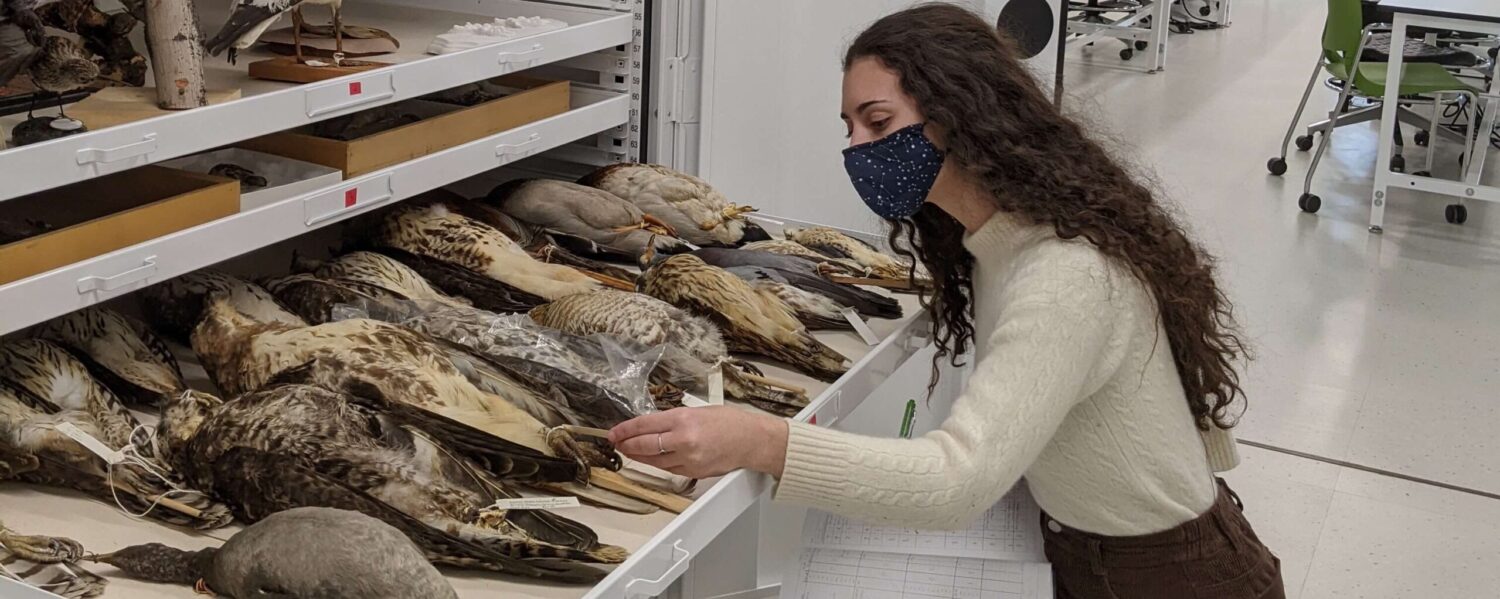The National Science Foundation (NSF) has awarded six new grants as part of the Advancing Digitization of Biological Collections program. The program aims to increase accessibility of biological collections and associated data. The latest round of funding will support four major grants and two smaller projects.
According to a press release by NSF, the new awards will increase the diversity of organisms to be digitized and enhance the development of techniques to digitize specimens.
“The collections being digitized are unprecedented in their worth to research and education, and hold huge potential for future development and integration with other biological data from genomes to phenomes,” said Dr. John Wingfield, NSF assistant director for Biological Sciences. “With the diversity of information digitized, these projects are addressing issues of interoperability, access and analysis–‘big data.’ The benefits will be felt for many generations to come.”
Four new Thematic Collections Networks (TCNs) will be funded. Last year, NSF announced funding for the first three TCNs, as well as for a national entity. The new TCNs are:
- Mobilizing New England Vascular Plant Specimen Data to Track Environmental Changes
- Digitizing Fossils to Enable New Syntheses in Biogeography – Creating a PALEONICHES-TCN
- The Macrofungi Collection Consortium: Unlocking a Biodiversity Resource for Understanding Biotic Interactions, Nutrient Cycling and Human Affairs
- Southwest Collections of Arthropods Network (SCAN): A Model for Collections Digitization to Promote Taxonomic and Ecological Research
Additionally, two new Partners to Existing Networks were announced. These smaller grants will enhance existing TCNs by adding their collections to fill gaps identified in the original network proposals. The new partner awards will focus on digitization of subtropical bryophytes and lichens, as well as high altitude lichens.

